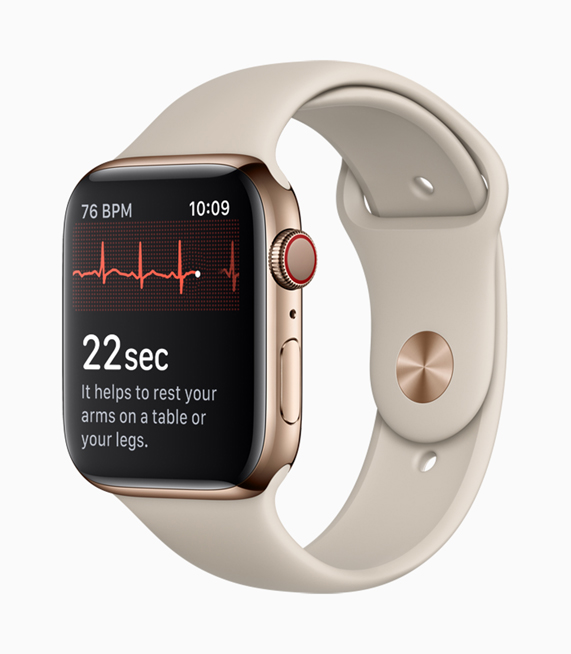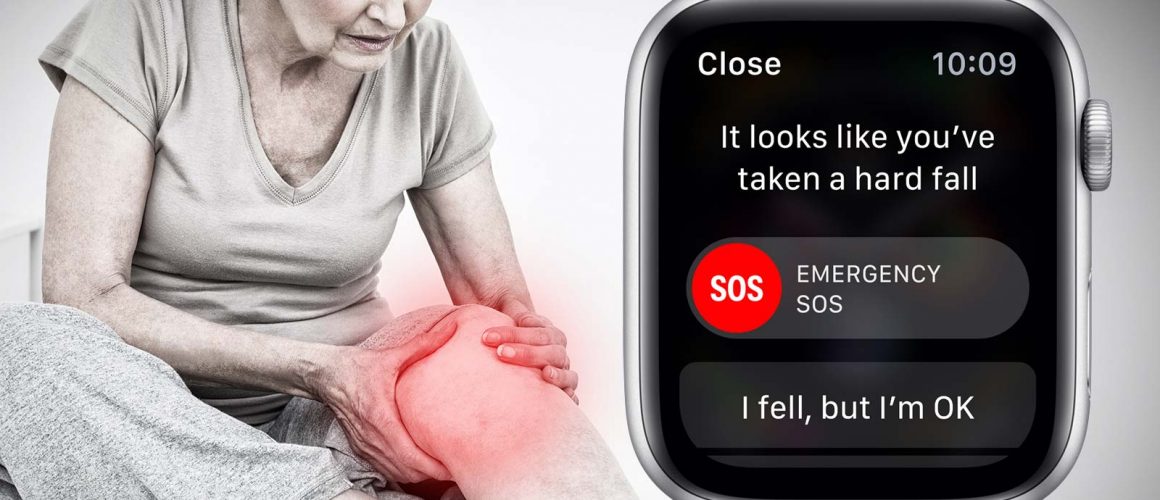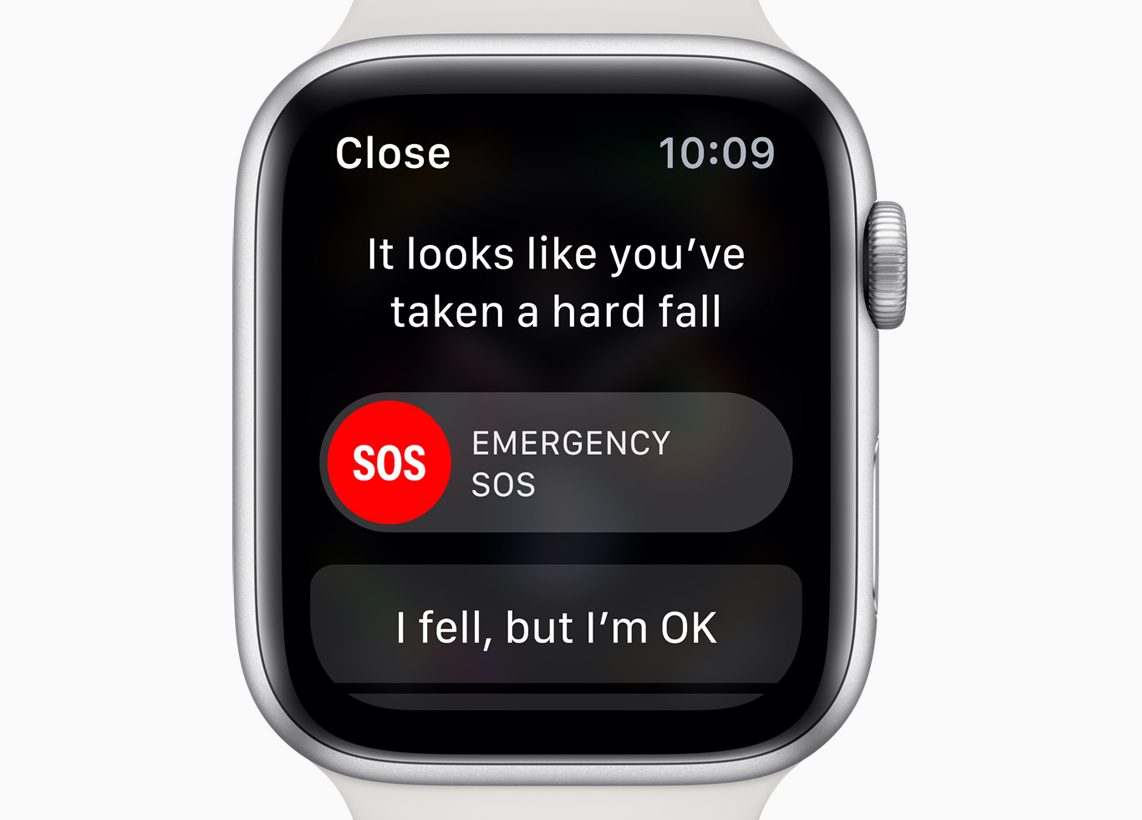At Avanti (which means “Forward” in Italian) we like to be forward thinking and are always on the lookout for technological developments that can help in care. In this, the first of a series of articles about technological advances, we look at some interesting additions to the Apple Watch.
Apple watch has been around for 4 years now and has made its name as a health tracker and communications device. When Apple released series 4 of the Apple Watch in September 2018 they made two enhancements that have enabled some potentially life-saving medical alerts:
-
ECG heart monitor sensor
This sensor means that the watch can monitor the rhythm of your heart and detect irregular heartbeats and potentially serious heart problems. The ECG has just been launched in the UK (27 March 2019) and in the USA, Apple Watch Series 4 received clearance from the FDA for the ECG App which it claims can “detect an atrial fibrillation 99% of the time”.

Apple then launched an ongoing study with Stanford Medicine called the “Heart Study” which will collect data from over 400,000 users to answer, “whether wearable devices can effectively detect irregular heart rhythms”.
Clearly Apple seem confident enough to fund the research and are supporting this technology. The NHS state that atrial fibrillation affects 1 million people in the UK, and it can put you at a much higher risk of having a stroke. Now with this technology available in the UK lives are already being saved.
-
Fall detection
This means that the watch uses the internal accelerometer and gyroscope sensors to detect if the user has fallen. If not cancelled an alarm goes off and the watch calls 999. So far, there haven’t been any clinical trials or studies related to the Series 4 and fall detection, especially concerning elderly people.
However, we think that this review from a journalist who has trialled many other fall detectors provides some good insight:
“I tested it for a week and came away very impressed with how accurate it was at detecting falls… Unlike other fall detection sensors, the process of the fall detection is vastly different and far more effective. First, it only calls for help if it detects a fall followed by little to no movement. Even if it does detect a fall on accident, it gives you a minute to cancel the fall detection before calling 999“
The watch fall detection may have already saved the life of a Swedish Man reported here.
Apple watch series 4 usability for the elderly
Medical alert is not the primary purpose of the Apple Watch series 4, so it would be unfair to compare it’s usability to a big red button you wear on your wrist to summon help. For the older user you do need a reasonable level of manual dexterity, the buttons are small and despite the the 30% increase in screen size, the screen is still a bit small for easy manipulation. Also it needs an iPhone to set it up, even if you get the version that has an independent mobile connection.
If your elderly family member is already an iPhone user then the Apple Watch series 4 may well be within their capability, and the new medical alert functions are an added bonus to the devices great connectivity features.
The Washington Post has worked with some tech savvy older people and reviewed the device with their perspective:
You can increase the size of type and choose from a variety of watch faces. My recommendation: Take the time when you first get a Watch to set up its face and to tame excess alerts…
These enhancements provide a great step in the right direction and potentially makes this device life saving, but they are far from being medically approved (certainly in the UK). We hope to see some independent research and testing with the elderly soon.



